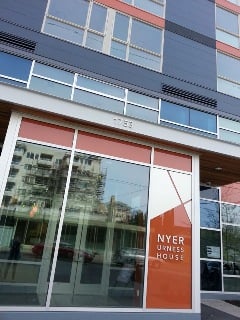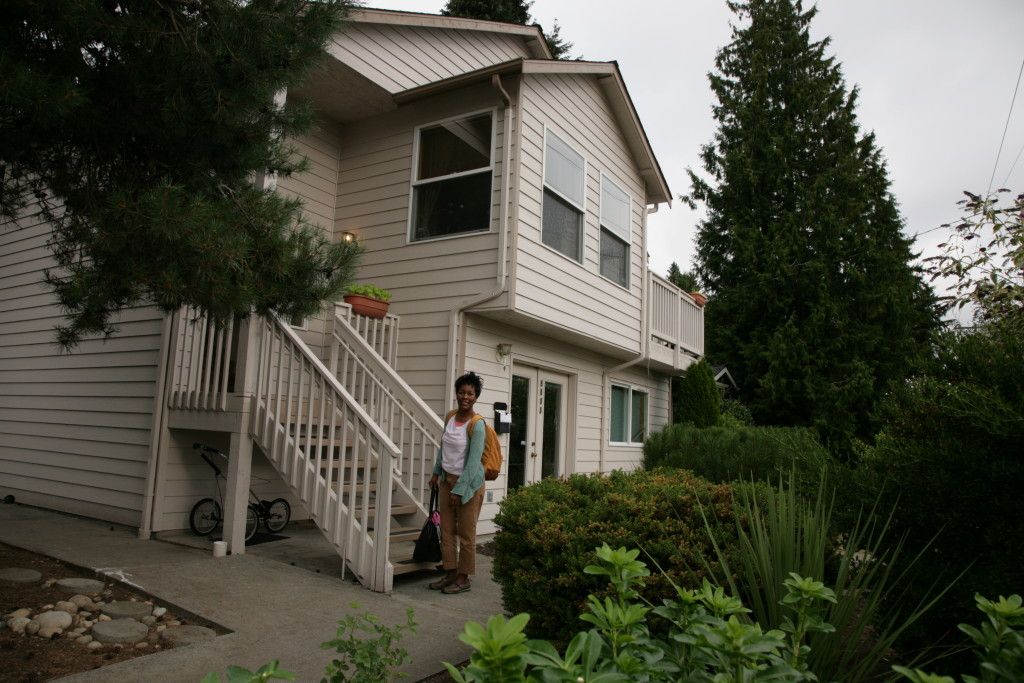HomeWashingtonSeattle
With a variety of diverse options, Seattle, Washington offers many supportive housing resources to cater for individuals and families in need. Whether addressing homelessness, addiction, mental health or other unique situations, the city strives to combat these challenges with a mixture of short-term and long-term housing solutions, coupled with pertinent social services. These programs are largely supported by a coalition of federal, state, and local funds as well as non-profit organizations.
The Department of Housing and Urban Development (HUD) is a federal government agency responsible for all public housing programs across the United States. These programs are intended to provide affordable housing options for low-income families, the elderly, and people with disabilities. In Seattle, this support comes predominantly in two forms: the Housing Choice voucher program and public housing.
The Housing Choice voucher program, otherwise known as Section 8, enables low-income families to rent housing in the private sector using a federally funded voucher to cover part of their rent. This program is administered locally by the Seattle Housing Authority.
Public housing is federally subsidized rental apartments overseen by local housing authorities. The Seattle Housing Authority also manages public housing units for eligible low-income families, seniors, and people with disabilities.
The Washington State Department of Commerce is another key player in supporting housing initiatives in Seattle. They play a critical role in the funding of both temporary housing services such as emergency shelters and transitional housing, to more permanent solutions such as affordable rentals and homeownership opportunities.
The Commerce department also supports housing for specific populations, such as the Aged, Blind, or Disabled (ABD) program that provides cash assistance and healthcare coverage for eligible individuals, and the Housing and Essential Needs (HEN) program that offers rent and utilities assistance alongside essential household items.
Several non-profit organizations provide key supportive housing services in the Seattle area. Notably, DESC (Downtown Emergency Service Center) provides integrated services including housing, emergency shelter, crisis intervention and healthcare to thousands of homeless and formerly homeless people every day.
Plymouth Housing goes a step further by adopting the “Housing First” model, offering ongoing supportive services to individuals once they have stable housing. Their main aim is to help people maintain their housing and avoid slipping back into homelessness.
Another organization, the Low Income Housing Institute (LIHI), operates and develops affordable housing, manages an emergency shelter, and also advocates for low-income populations in the Seattle region.
Lastly, Compass Housing Alliance provides emergency services, 24-hour enhanced shelter programs, and affordable housing to men, women, veterans, and families in the greater Seattle area.
In summary, Seattle offers a plethora of supportive housing options to help residents in need. Whether through state, federal, or non-profit programs, these resources aim to decrease homelessness and provide affordable, stable housing solutions for all.


